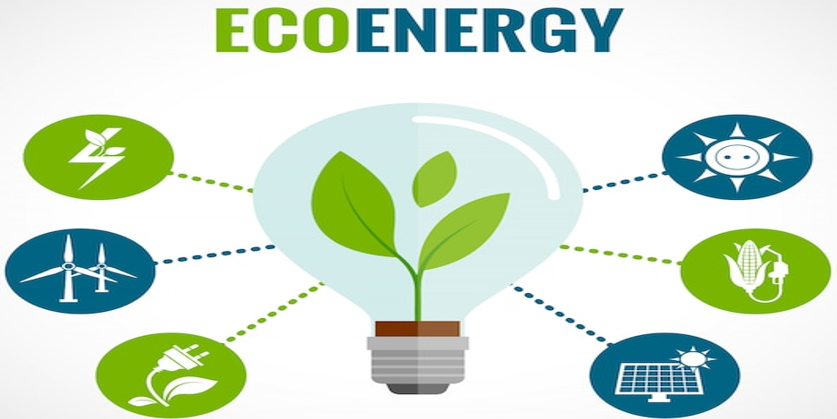The Gulf Cooperation Council (GCC) nations are making a bold commitment to combat climate change, announcing a $100 billion investment in renewable energy over the next decade. This monumental pledge is part of a strategic effort to reduce carbon emissions by 20% by 2030, signaling a significant shift toward clean energy in a region traditionally known for its reliance on oil and gas.
A Response to Escalating Climate Risks
The Gulf region, which accounts for 25% of global oil production, is facing increasingly severe climate threats. Experts warn that rising temperatures, extreme water scarcity, and sea level rise could devastate the region. If no action is taken, experts estimate that the Gulf’s economy could suffer losses of up to 5% of GDP by 2050.
Dr. Khalid bin Saeed al Amri, Chairman of the Omani Economic Association, emphasized the urgency of addressing these risks, citing the global economic toll from climate disasters. In 2022 alone, global climate-related losses reached nearly $270 billion. “Inaction on climate could cost the Gulf more than 5% of its GDP by mid-century,” Dr. al Amri stated.
A Vision for the Future: Clean Energy and Economic Resilience
The $100 billion investment will fund a diverse range of clean energy initiatives, including solar, wind, nuclear, and hydrogen technologies. This renewable energy push aligns with global climate goals set by international agreements like the COP summits. The GCC’s energy transition will not only reduce emissions but also boost energy security, reduce reliance on fossil fuels, and support sustainable economic growth.
Looking Ahead: Regional Cooperation and Global Impact
As part of this transformation, the Omani Economic Association and Gulf Development Forum recently convened to discuss climate mitigation strategies, technological innovation, and necessary policy shifts. The dialogue centers on accelerating the region’s energy transformation, fostering international collaboration, and ensuring that the Gulf can adapt to an evolving climate while safeguarding its economic future.
This bold move by GCC nations marks a significant step toward a more sustainable and climate-resilient future, not only for the Gulf but for the global community.
Sustainable energy eco green energy Picture by freepik


